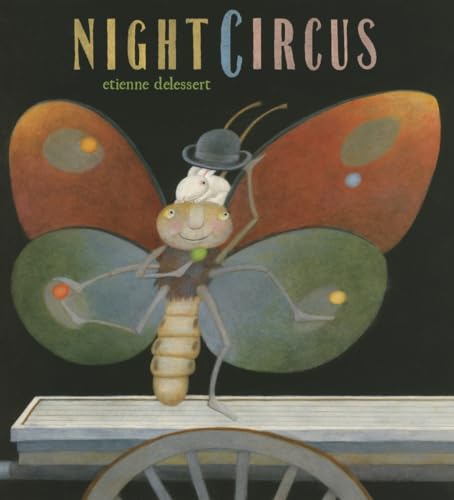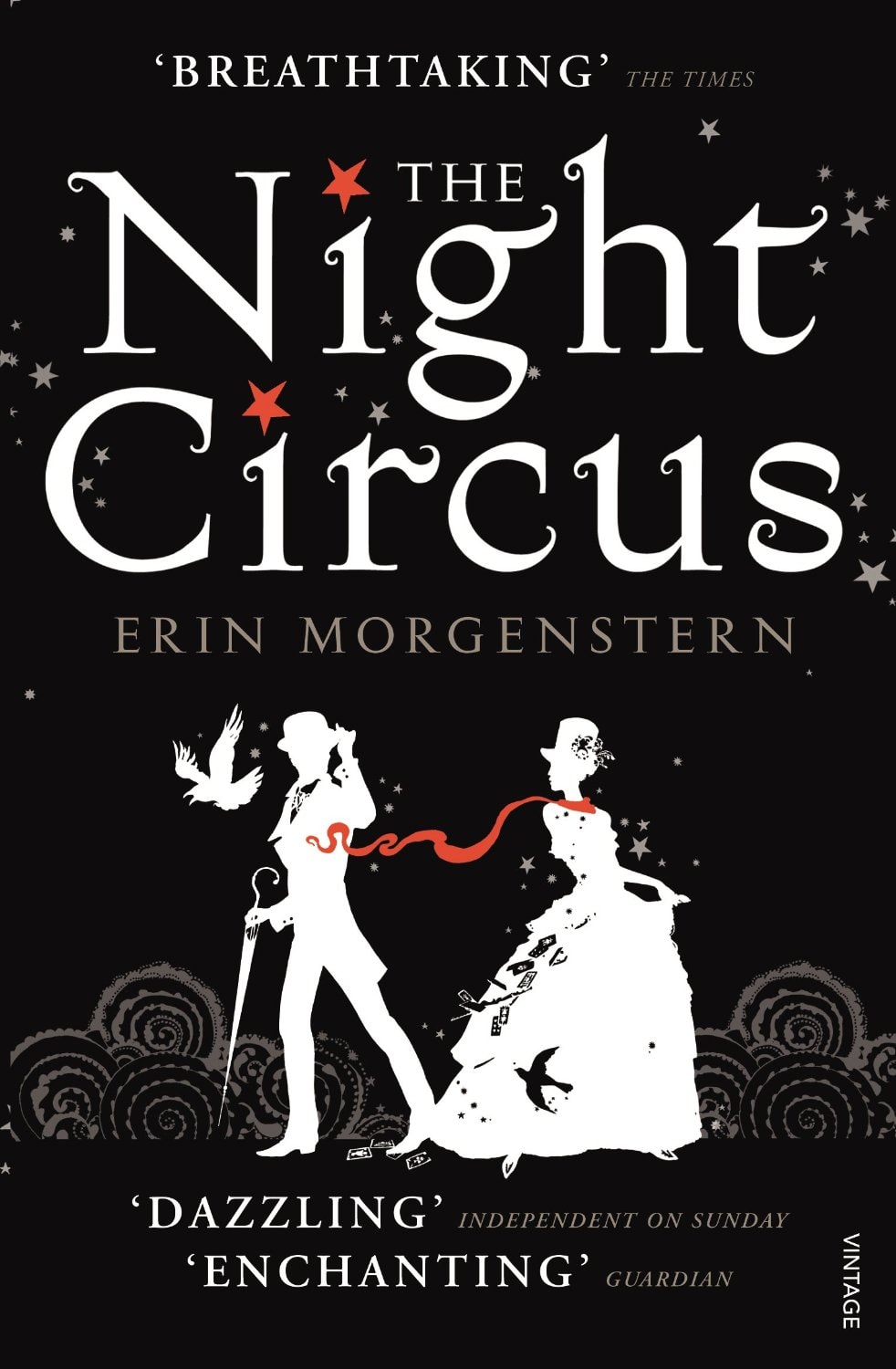
From this moment on, the circus becomes a constant for Bailey, each visit an opportunity to explore a new, liberating world. When he stumbles upon Poppet, she somehow already knows his name and even gives him one of her gloves as a memento of his adventure. When the circus returns five years later, Bailey defies the posted sign threatening exsanguination to sneak in during the day, hoping to explore the secrets of the circus. His parents deemed him too young, so he could only stare from afar, enchanted” by the spectacle. He first glimpsed Le Cirque des Rêves at the age of five, but “he was not allowed to visit the circus.

For Bailey, a young boy living in Concord, Massachusetts at the turn of the twentieth century, the circus is a fantasy and a possible escape the expectations of his unsatisfying home life. Their magical abilities are of value, giving them the confidence and liberty to make creative, bold choices. Born into the circus, both Widget and Poppet have supernatural powers that they would likely need to suppress in the outside world, yet Widget is given his own tent “as a place to practice putting down his stories.” Later on, once Celia and Marco exit the competition and are no longer responsible for the circus itself, the twins are given complete creative control over it.

Many of the other members of the circus, like Widget and Poppet, find complete freedom of expression in Le Cirque des Rêves, using the venue to demonstrate their creativity and unique gifts without fear of rejection.
Night circus page count free#
and Hector Bowen, and that her opponent “is now a pillar of ash standing in a field in Kyoto.” As the victor, Tsukiko was set free into the world, and has found her place within the circus. Once she has performed for the organizers of Le Cirque des Rêves, Chandresh announces, “This is the precise flavor that the circus should be This is kismet, her coming here tonight.” Much later on in the novel, Tsukiko reveals that she once participated in a previous competition between Mr. Tsukiko the contortionist, for example, arrives at Chandresh’s home at midnight without warning, offering no explanation of where she has come from or why.

Just as the circus provides a family structure for many of the performers who would be marginalized in their own societies, it offers a sense of freedom from outside cultural restraints and judgments. The Night Circus plays on this tension between freedom and imprisonment, as most of the characters find escape and liberty in the circus, while others- Celia in particular-are trapped within the confines of the space and the competition it houses. Yet, as the author notes in an epigraph from the novel, the word circus itself is derived “from the Greek kirkos meaning circle, or ring,” a shape that is designed to enclose or contain. Traditionally, the circus has enjoyed a reputation of freedom, as the performers were not bound by location or permanent family connections, and spectators could escape from the banality of their daily lives to the wonders of magic and spectacle.


 0 kommentar(er)
0 kommentar(er)
